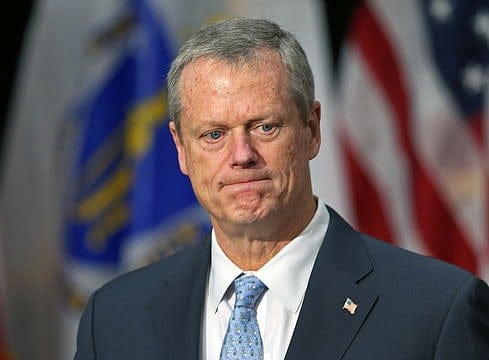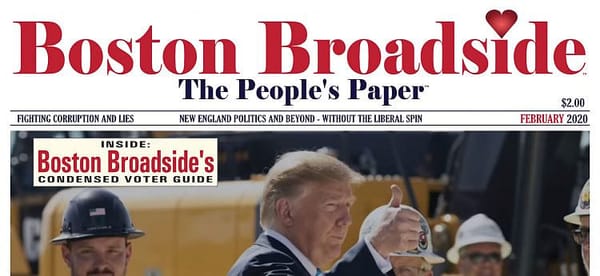Governor’s Most Sweeping Coronavirus Restrictions Are Legal, Massachusetts Supreme Judicial Court Rules

The Massachusetts Supreme Judicial Court has ruled that Governor Charlie Baker's sweeping coronavirus restrictions do not violate state statutes or the state constitution.
The court ruled unanimously on Thursday, December 10 that "reducing the dangers" of coronavirus "is a significant government interest" and that the governor's executive orders "are content neutral and narrowly tailored, and they leave open alternative channels of communication."

